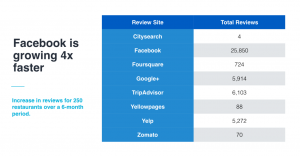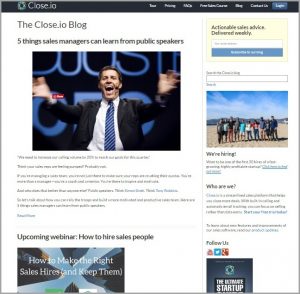PwC AI Data: Execs Fear Demise Of Their Business Unless Models Change

Seventy-six percent of U.S. executives participating in a PwC survey released at Cannes Festival of Creativity said they will not be in business in 10 years unless their business model changes.
It’s forcing innovative thinking and the reinvention of media, advertising, and revenue models, PricewaterhouseCoopers Principal, TMT Customer Transformation Consulting US CJ Banagh says.
Company execs are beginning to understand “how much road is left in the journey,” Banagh says, with reference to AI. She notes that the “fear” has begun to move toward creativity and benefits of experimenting with the technology.
Amazon Web Services (AWS) and FORMULA 1 AWS Grand Prix DU Canada 2024 in June announced the debut of the first generative AI-inspired F1 trophy.
At another company, AI was used to find 200 million incremental customers between specific ages to drive a new revenue stream. One positive factor, Bangah says, is that no stories about big reductions in workforces surfaced.
Much of the discussion at Cannes centered on data and replacing archaic processes and how it will help enterprise businesses. Some were concerned about how AI will impact the environment and bring unintended consequences.
Attendees also spoke about the next iteration of GAI being about quality, revenue streams and experiences, not speed or cost out, she said.
When asked to cite the most innovative rethinking about the business model, Bangah points to personalizing messages and combining data sources to target marketing campaigns.
More companies will want to monetize their data such as the licensing partnership between Reddit and Google, and new media networks launching from non-traditional industries such as travel and banking.
Revenue streams are coming from video game companies licensing IP to studios that release branded content, and thinking about short-form games, Bangah said.
When talking about media and entertainment, she says companies that are looking to add a new revenue stream will first attempt to fix it organically or through acquisitions, and then partnerships or spinning part of the business.
TikTok’s parent company ByteDance reportedly is in talks to form a partnership with U.S. chip designer Broadcom to develop an advanced AI processor that would help “secure sufficient supply of high-end chips amid U.S.-Sino tensions.”
Despite the need to reinvent business, 90% of CMOs in the PwC study said the cost of new technology poses a challenge, while 63% are concerned that if they don’t adapt, new technologies will make their current business model irrelevant.
That may help explain why 57% are increasing investments to refine these models.
Some 54% of participants acknowledged that they have increased their investments in marketing AI, and 43% strongly agreed that generative AI (GAI) will support new business models in the marketing function during the next 12 to 18 months.
Four in five CMOs said they expect to use GAI to support the reinvention of business models.
The CMO — who has become the technology officer working most closely with the CIO — will continue to create alliances across the C-suite, especially with the CFO. It will let the company manage marketing as a profit and loss to increase revenue streams with the use of data in ways they have not in the past.
Companies also need leadership. New roles will emerge.
PwC’s new AI chief Joe Atkinson told Silicon Republic his role would not “have existed just two years ago, demonstrating the speed of transformation when it comes to business and AI.”
(4)





